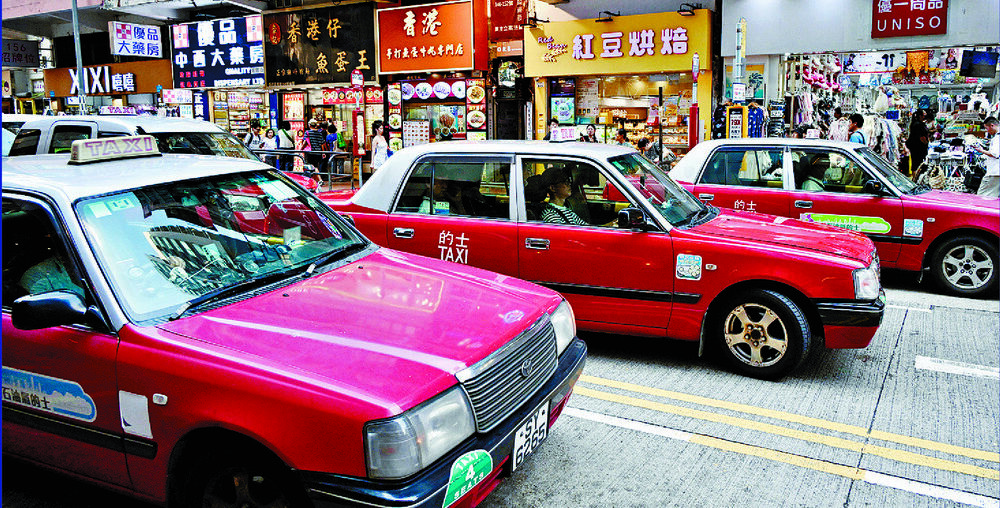Ayra Wang
Taxi drivers are not being forced to speak Arabic but it would help if they learned simple expressions as a gesture of hospitality, says Secretary for Transport and Logistics Lam Sai-hung.
It comes after Chief Executive John Lee Ka-chiu, in his policy address, proposed to attract more tourists from the Middle East and the Association of Southeast Asian Nations and to improve relevant facilities, including providing taxi service information in Arabic.
Speaking on radio yesterday, Lam said it is a “good thing” that the proposal has raised a comprehensive discussion among people and the taxi industry.
”The government has no intention to force taxi drivers to speak Arabic.
”It would be better if taxi drivers could learn a few simple daily expressions in Arabic, which would better show Hong Kong as a hospitable city and make tourists feel at home.”
He said the introduction of Arabic information will start at the airport and taxi fleets.
Lam said the five licensed taxi fleets, which got their licenses in July, are preparing for operation, with some expected to commence service early next year.
The taxi sector is encouraged to set up an Arabic version of their website or online hailing applications and provide QR codes to facilitate tourists with relevant information.
He added that the administration is also considering providing taxi service information in other languages, such as Japanese and Korean.
Secretary for Commerce and Economic Development Algernon Yau Ying-wah clarified on another radio program that requiring taxi drivers to learn Arabic is a “misunderstanding.”
Yau said he hopes the taxi industry and other sectors could offer information guides in Arabic, enabling tourists or business visitors from the Middle East to obtain clear information on how to hail a taxi or use relevant facilities in hotels.
Meanwhile, Lam said the administration plans to invite interested parties to propose some application scenarios for drone delivery by the end of the year in preparation for the low-altitude economy trial run.
He said some food-delivery operators have reached out and are inquiring about trial drone-delivery launches on designated routes.
”It’s up to the market to decide whether drones delivering food or cargo is cost-effective in Hong Kong, but that’s after delivery platforms set up the route and their service in the city reaches a certain scale,” Lam said.
He added that authorities will use the data collected from the pilot program to decide on relevant amendments, such as relaxing the weight limitations of small drones.
The administration will explore drone usage in delivering medicines between islands and hospitals while also considering privacy, safety, feasibility of the technology and signal stability, he said.
ayra.wang@singtaonewscorp.com

